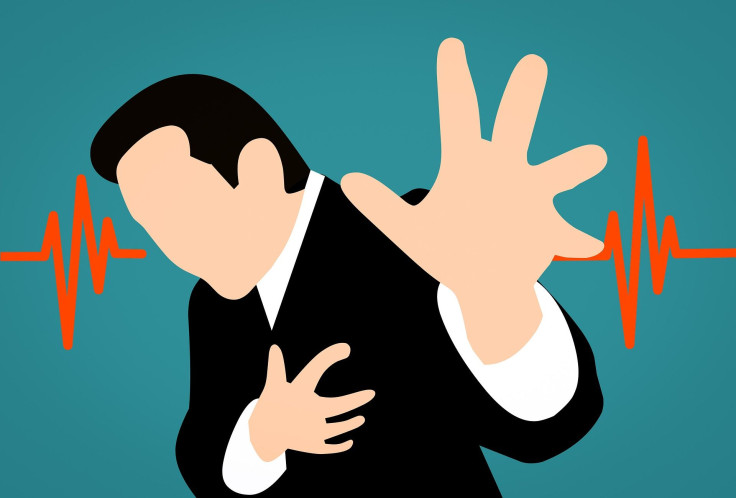SCAD Symptom: Pain In This Part Of The Face Could Be A Warning Sign
KEY POINTS
- Spontaneous coronary artery dissection affects more women than men
- SCAD affects healthy young women without any known heart disease risks
- Pain in the jaw, shoulder or chest could be a warning sign
SCAD, a.k.a spontaneous coronary artery dissection, is coronary artery disease, which affects more women than men. It happens when the layers of the coronary artery separate and traps the blood in between. It, then, causes the wall layers to peel, bulge, and blockage that leads to a heart attack.
Although it can affect anyone, it occurs mostly among women aged 40-50. Individuals suffering from SCAD don’t even have risk factors of heart diseases including diabetes, high blood pressure or high cholesterol. If left undiagnosed and untreated, SCAD could cause sudden death. Thus, it is recommended that you seek immediate medical attention if you happen to experience heart attack symptoms even when you know you might not be at risk.
Since the nerves that serve the heart and those pertaining to the jaw remain close together, one might experience jaw pain during SCAD. It could be a warning sign if it lasts more than 5 seconds and occurs alongside chest pain or discomfort.
Other symptoms of SCAD include nausea, chest pain, rapid heartbeat, fluttery feeling in the chest, sweating, dizziness, unusual or extreme tiredness, shortness of breath, pain in the arms or shoulders, Mayo Clinic reported.
Although it is not clear as to what causes SCAD, experts believe that female sex, recent childbirth, underlying blood vessel conditions, illegal drug use, inherited connective tissue diseases and very high blood pressure could be some of the important risk factors of SCAD. Also, there is no evidence that extreme physical activity or emotional stress could increase the risk of this deadly condition.
“About 10 to 20 percent of the cases of SCAD happened in women in the peripartum period — so either during or after pregnancy,” Today quoted Dr. Jennifer Haythe, an associate professor of medicine at Columbia University Medical Center. “It's thought to really be related somehow to turbulent blood flow during labor where you increase your pressure,” she added.
Although there isn’t any cure for SCAD, monitoring, lifestyle modifications and rehab can help. Most women suffering from SCAD have been treated with a combination of beta-blockers, aspirin and anti-coagulant and statins depending on their cholesterol levels.

© Copyright IBTimes 2024. All rights reserved.






















